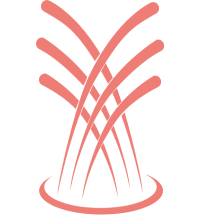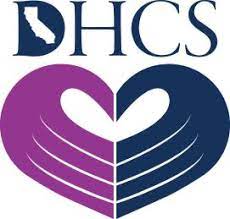- About
- Services
- Drug Detox
- Social Detox
- Alcohol Detox
- Marijuana Detox in Lancaster CA
- Cocaine Detox in Lancaster CA
- Opioid Detox
- Alcohol Rehab
- Opioid Rehab
- Marijuana Rehab in Lancaster, CA
- Cocaine Rehab
- Residential Addiction Treatment
- Inpatient Treatment
- Individual Therapy
- Group Therapy
- Holistic Therapy California
- Blog
- Contact
Flyout Menu




